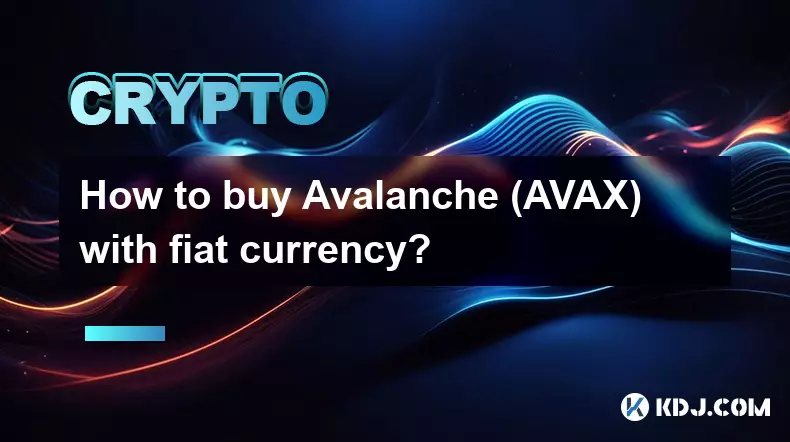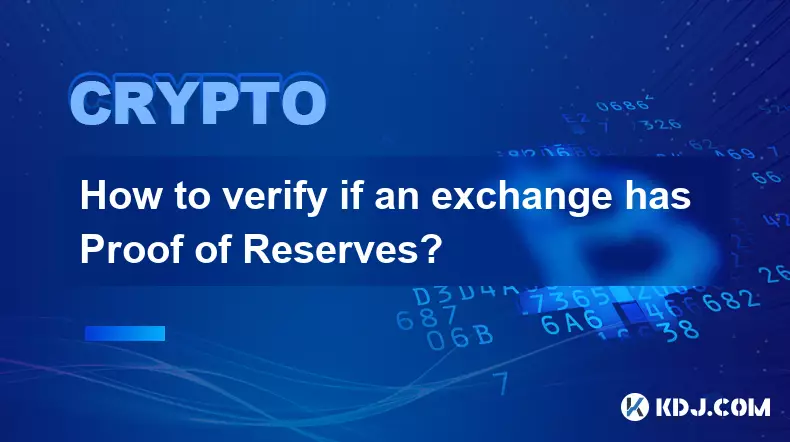-
 bitcoin
bitcoin $87959.907984 USD
1.34% -
 ethereum
ethereum $2920.497338 USD
3.04% -
 tether
tether $0.999775 USD
0.00% -
 xrp
xrp $2.237324 USD
8.12% -
 bnb
bnb $860.243768 USD
0.90% -
 solana
solana $138.089498 USD
5.43% -
 usd-coin
usd-coin $0.999807 USD
0.01% -
 tron
tron $0.272801 USD
-1.53% -
 dogecoin
dogecoin $0.150904 USD
2.96% -
 cardano
cardano $0.421635 USD
1.97% -
 hyperliquid
hyperliquid $32.152445 USD
2.23% -
 bitcoin-cash
bitcoin-cash $533.301069 USD
-1.94% -
 chainlink
chainlink $12.953417 USD
2.68% -
 unus-sed-leo
unus-sed-leo $9.535951 USD
0.73% -
 zcash
zcash $521.483386 USD
-2.87%
What programming language is the Request (REQ) coin written in?
Built upon Ethereum's Solidity, the REQ coin utilizes advanced smart contracts for secure, customizable micropayment services.
Dec 24, 2024 at 06:53 am

The Request (REQ) coin is a decentralized blockchain-based platform that enables peer-to-peer micropayment services. Its native token, REQ, plays a crucial role in facilitating transactions and governing the network. Here's a comprehensive analysis of the programming language used in developing the REQ coin:
Programming Language: SolidityThe Request coin is built upon the Ethereum blockchain and utilizes the Solidity programming language. Solidity is a specialized language designed for developing smart contracts, which are self-executing programs that automate transactions on the blockchain. Its syntax resembles JavaScript and is highly expressive, allowing developers to define complex business logic for decentralized applications.
Key Advantages of Using Solidity for REQ- Security: Solidity enforces strict type safety and contract verification mechanisms, reducing the risk of coding errors and loopholes that could compromise the integrity of the REQ network.
- Customization: Solidity allows for the creation of custom smart contracts that can accommodate specific requirements of the REQ platform, such as transaction rules, dispute resolution, and governance mechanisms.
- Transparency: Solidity contracts are open source and can be publicly audited, ensuring the fairness and immutability of the REQ network's operations.
- Interoperability: REQ is compatible with the Ethereum ecosystem, allowing it to integrate with other Ethereum-based applications and tools, such as wallets, exchanges, and development frameworks.
- REQ Token: The REQ token is represented as an ERC-20 standard token in Solidity. This ensures compatibility with other ERC-20 tokens and simplifies integration with Ethereum wallets and exchanges.
- Payment Channels: REQ utilizes Solidity to implement off-chain payment channels that facilitate fast and inexpensive micropayments between users. These channels reduce congestion on the Ethereum blockchain and enhance scalability.
- Dispute Resolution: Solidity smart contracts define a structured dispute resolution mechanism that enables users to challenge fraudulent or incorrect payments. The process involves an arbitrator and ensures fairness and efficiency.
- Governance: REQ holders can participate in the governance of the network through Solidity-based voting protocols. These protocols empower the community to make decisions on platform upgrades, feature implementation, and resource allocation.
Solidity serves as the foundation for the Request coin, providing it with security, customization, transparency, and interoperability. Its adoption aligns with the REQ platform's mission of enabling decentralized, peer-to-peer micropayment services, catering to the evolving needs of the cryptocurrency ecosystem.
FAQs- Q: What other programming languages are used in the REQ coin ecosystem?
- A: Solidity is the primary programming language for REQ, but other languages such as JavaScript, Python, and Go may be used for auxiliary tools and development environments.
- Q: Can Solidity developers easily learn the programming language for REQ?
- A: Developers with proficiency in Solidity and familiarity with Ethereum can quickly adapt to the REQ programming ecosystem. The REQ documentation provides comprehensive guidance for developers.
- Q: How is the REQ programming language evolving?
- A: The Request team actively collaborates with the Ethereum community to stay abreast of the latest Solidity advancements and industry best practices. Regular updates and improvements to the REQ programming environment are released to enhance security, performance, and user experience.
Disclaimer:info@kdj.com
The information provided is not trading advice. kdj.com does not assume any responsibility for any investments made based on the information provided in this article. Cryptocurrencies are highly volatile and it is highly recommended that you invest with caution after thorough research!
If you believe that the content used on this website infringes your copyright, please contact us immediately (info@kdj.com) and we will delete it promptly.
- GPT-5.3 Codex-Spark Ignites AI Coding with Cerebras Hardware, Achieving Unprecedented Speeds
- 2026-02-13 09:35:01
- Blooming Forever: Florida Roses, Valentine's Day, and the Enduring Appeal of Long-Lasting Plants
- 2026-02-13 09:50:02
- Crypto PAC Fairshake Targets Congressman Al Green in High-Stakes Primary, Fueling Political Debate
- 2026-02-13 09:50:02
- Bitcoin Traders Secure Partial Profits as Market Hovers Near $68K Amidst Range Dynamics
- 2026-02-13 07:40:02
- Crypto ETFs Gain Lasting Appeal as Investment Landscape Evolves
- 2026-02-13 06:50:01
- Enlivex Therapeutics' RAIN Token Makes a Big Splash on Kraken Exchange, Cementing Digital Strategy
- 2026-02-13 07:30:02
Related knowledge

How to sell Bitcoin (BTC) for USDC? (Stablecoin conversion)
Feb 13,2026 at 10:20am
Choosing a Reliable Exchange Platform1. Select exchanges with strong regulatory compliance records and proven custody solutions for both BTC and USDC....

How to buy Ethereum (ETH) using PayPal? (Direct purchase tutorial)
Feb 13,2026 at 10:40am
Supported Platforms for ETH Purchases via PayPal1. PayPal itself now enables direct Ethereum buying within its app for users in eligible regions inclu...

How to buy Bitcoin (BTC) with a credit card? (Instant purchase guide)
Feb 13,2026 at 10:00am
Platform Selection Criteria1. Verify that the exchange supports direct credit card purchases in your jurisdiction. Regulatory restrictions vary signif...

How to ensure your crypto purchase is safe from hackers?
Jan 28,2026 at 11:19pm
Secure Wallet Selection1. Choose hardware wallets for long-term holdings—devices like Ledger and Trezor isolate private keys from internet-connected s...

How to buy Avalanche (AVAX) with fiat currency?
Jan 29,2026 at 12:40pm
Choosing a Reliable Exchange Platform1. Identify exchanges licensed in your jurisdiction that support AVAX trading pairs with major fiat currencies li...

How to verify if an exchange has Proof of Reserves?
Jan 30,2026 at 06:39am
Understanding Proof of Reserves1. Proof of Reserves (PoR) is a cryptographic audit mechanism that demonstrates an exchange holds sufficient on-chain a...

How to sell Bitcoin (BTC) for USDC? (Stablecoin conversion)
Feb 13,2026 at 10:20am
Choosing a Reliable Exchange Platform1. Select exchanges with strong regulatory compliance records and proven custody solutions for both BTC and USDC....

How to buy Ethereum (ETH) using PayPal? (Direct purchase tutorial)
Feb 13,2026 at 10:40am
Supported Platforms for ETH Purchases via PayPal1. PayPal itself now enables direct Ethereum buying within its app for users in eligible regions inclu...

How to buy Bitcoin (BTC) with a credit card? (Instant purchase guide)
Feb 13,2026 at 10:00am
Platform Selection Criteria1. Verify that the exchange supports direct credit card purchases in your jurisdiction. Regulatory restrictions vary signif...

How to ensure your crypto purchase is safe from hackers?
Jan 28,2026 at 11:19pm
Secure Wallet Selection1. Choose hardware wallets for long-term holdings—devices like Ledger and Trezor isolate private keys from internet-connected s...

How to buy Avalanche (AVAX) with fiat currency?
Jan 29,2026 at 12:40pm
Choosing a Reliable Exchange Platform1. Identify exchanges licensed in your jurisdiction that support AVAX trading pairs with major fiat currencies li...

How to verify if an exchange has Proof of Reserves?
Jan 30,2026 at 06:39am
Understanding Proof of Reserves1. Proof of Reserves (PoR) is a cryptographic audit mechanism that demonstrates an exchange holds sufficient on-chain a...
See all articles










































































